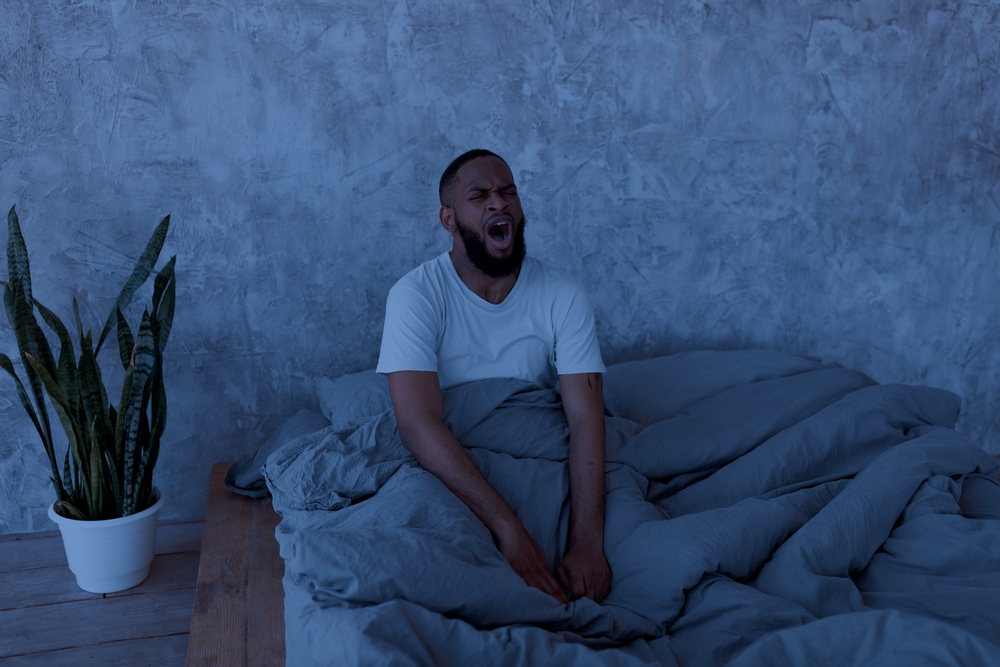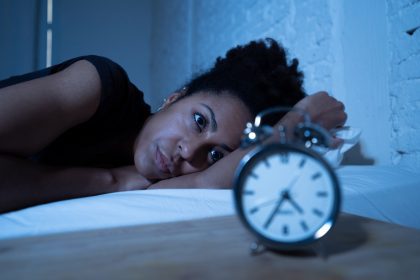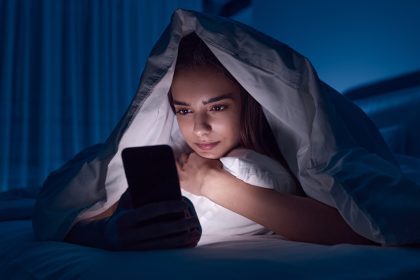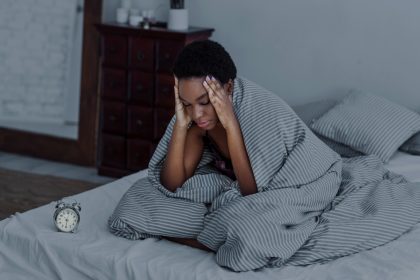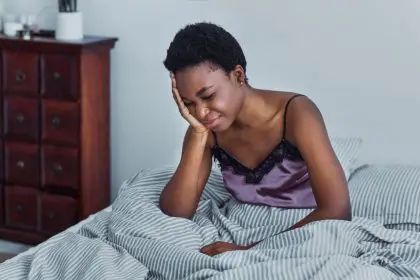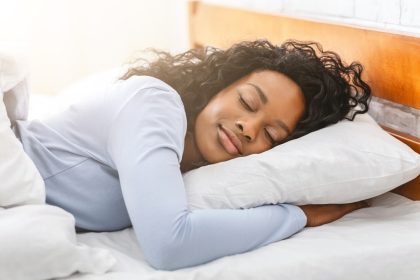It’s been a long, tiring day. You’ve barely slept, and you’re running on fumes. Then comes an invitation from friends for a drink — and the temptation is strong. But before you take that sip, consider how alcohol and sleep deprivation can interact in unexpected ways.
Lack of sleep is already a health hazard, and when you add alcohol into the mix, it only exacerbates the negative effects on your body and mind. In this article, we’ll explore four things that happen when you drink while sleep-deprived and why it’s important to be cautious about this combination.
Increased impairment
If you thought lack of sleep alone made you clumsy or affected your concentration, mixing alcohol with sleep deprivation can multiply those effects. Sleep deprivation impacts your brain’s ability to function at full capacity, making you more prone to poor decision-making, slowed reaction times and reduced cognitive abilities. When you introduce alcohol, which is a depressant, these effects only worsen.
A double impact on the brain
Your brain is in dire need of rest when you’re sleep-deprived. The cognitive processes responsible for problem-solving, memory and judgment are already strained. Alcohol further disrupts these processes, essentially doubling the impact. Tasks that might seem simple under normal conditions become much harder to complete, and you’re more likely to make mistakes.
Increased risk of blackouts and memory loss
A well-rested brain is more resilient to the effects of alcohol. However, if you’re already sleep-deprived, your brain is much more susceptible to blackouts and memory gaps. Blackouts occur when your blood alcohol concentration rises too quickly, impairing your brain’s ability to form new memories. Sleep deprivation significantly lowers your brain’s tolerance to alcohol, making it much easier for you to experience blackouts, even with moderate drinking.
Why memory loss happens
When you’re sleep-deprived, your brain is already struggling to process information properly. Introducing alcohol essentially pushes your brain into overdrive, disrupting its ability to store new memories. You may wake up not remembering how you got home, who you talked to or what you did. These gaps in memory can be unsettling and dangerous, especially if you’re in unfamiliar environments or in situations that require you to be alert.
Compromised physical health
Drinking while sleep-deprived can take a toll on your physical health. Your immune system already suffers from lack of sleep, making you more vulnerable to infections and illness. Alcohol further weakens your immune defenses, meaning your body is at an even greater risk. You may notice you’re getting sick more frequently, catching colds or taking longer to recover from minor ailments.
Poor digestion and dehydration
Alcohol is a diuretic, which means it causes dehydration, and your body struggles even more to retain fluids when you’re sleep-deprived. Add to that the fact that lack of sleep can slow down digestion, and you have a recipe for stomach discomfort, nausea and other digestive issues. This combination can leave you feeling exhausted, dehydrated and unwell for much longer than if you were well-rested and drinking in moderation.
Severe hangovers
Sleep is critical for your body’s ability to recover, process and heal. When you miss out on sleep and then introduce alcohol, your body struggles to repair and function as it normally would. This not only leads to severe hangovers but also lengthens recovery time. A typical hangover might last a day, but when you’re sleep-deprived, it could linger for multiple days, causing prolonged fatigue, headache, nausea and brain fog.
Heightened sensitivity to hangover symptoms
The body processes alcohol differently when you’re lacking sleep. Metabolism slows down, making it harder for your body to break down and eliminate alcohol. This means that your blood alcohol concentration stays higher for longer, resulting in heightened hangover symptoms like pounding headaches, dizziness, extreme thirst and nausea. Your emotions are also impacted, as you may find yourself feeling unusually irritable, anxious or even depressed.
How to protect yourself when sleep-deprived
The easiest way to avoid these issues is to be mindful of your alcohol consumption when you’re sleep-deprived. Here are a few tips to help you make better decisions:
- Get enough rest before drinking: Make it a priority to get at least 7-8 hours of sleep if you know you will be consuming alcohol.
- Limit your intake: If you do choose to drink while sleep-deprived, stick to one drink, and be sure to space out your consumption.
- Hydrate well: Drink plenty of water before, during and after consuming alcohol to stay hydrated.
- Know your limits: Understand how your body reacts to alcohol when you’re tired. If you notice that you’re getting impaired faster, it’s best to call it a night early.
Drinking while sleep-deprived can have serious consequences, affecting not only your cognitive abilities but also your physical health and emotional well-being. The combination of alcohol and lack of sleep amplifies the effects of both, leaving you more impaired, at risk for blackouts and susceptible to illness.
It’s important to remember that both sleep and alcohol affect your body in profound ways, and when combined, the results can be detrimental. Make informed choices about when to drink, and prioritize rest as a fundamental part of self-care. If you’re sleep-deprived, consider skipping the alcohol and opting for rest — your body and mind will thank you.
This story was created using AI technology.

